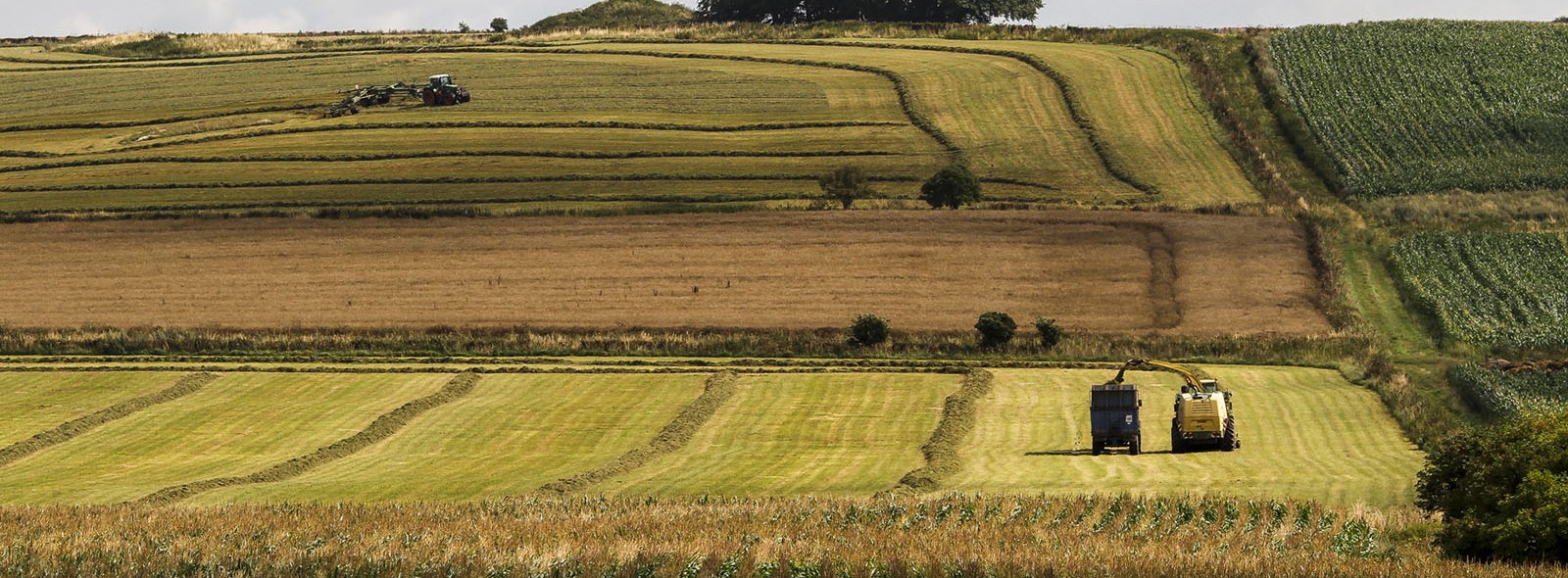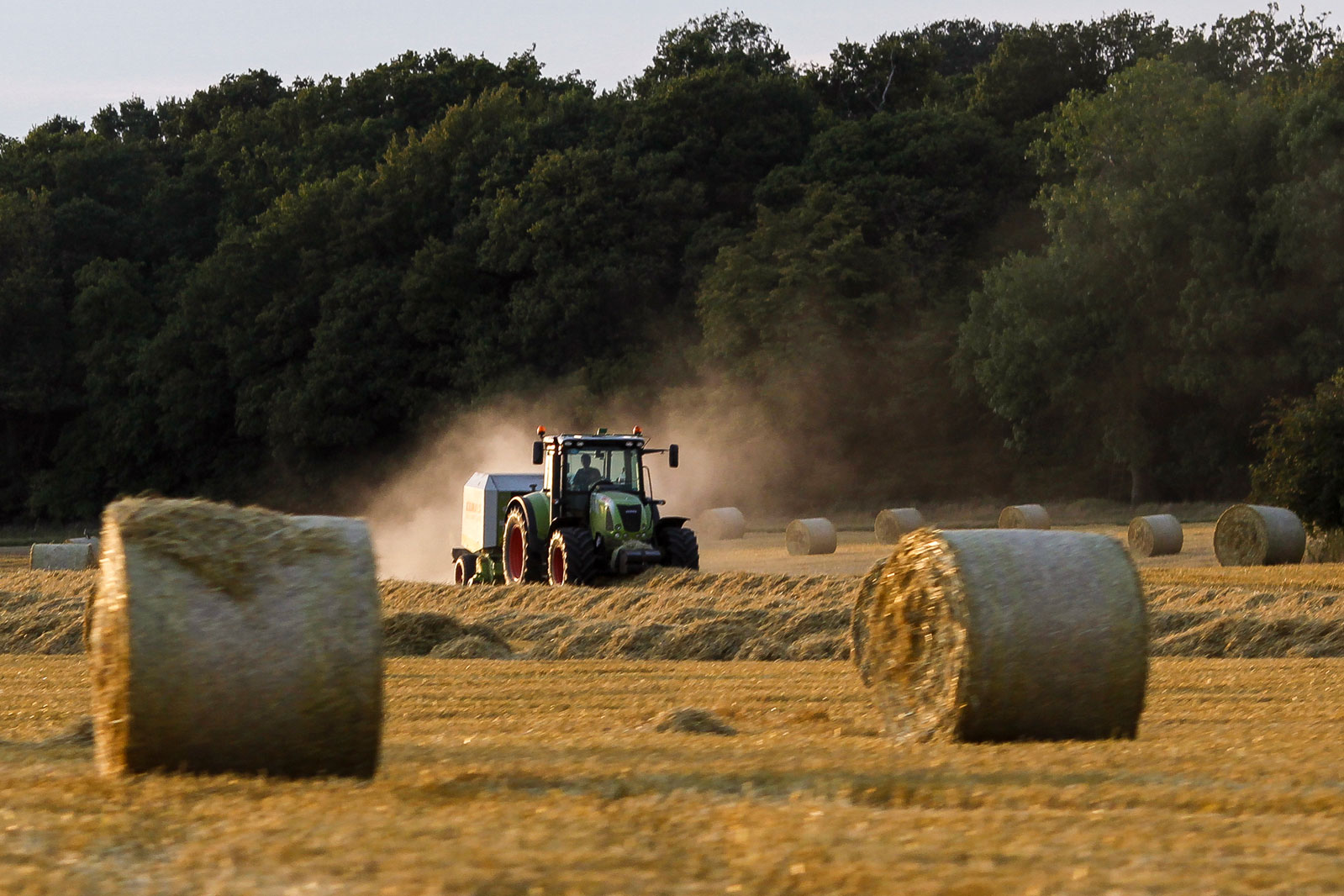NEW CASE LAW FOR AGRICULTURAL TENANCIES
Gaining possession of agricultural land subject to an Agricultural Holdings Act 1986 (AHA 1986) tenancy can be difficult for landlords where development is on the horizon. Previously there have been concerns over the extent of works landlords are permitted to carry out on land that is subject to such tenancies, especially where an outline planning permission may have been granted.
A recent case in the High Court in April 2019, The Earl of Plymouth v Rees [2019], has provided new guidance on this issue. This High Court decision is in respect of the interpretations of the exceptions and reservations in AHA 1986 tenancy agreements. The main impact of this judgement is to read and understand such reservations, exceptions and access clauses contained in the tenancy agreement.
In essence, the case has highlighted activities conducted by the landlord, which may be necessary to obtain planning permission or discharge planning conditions, such as archaeology trial trenching, digging of excavations for contamination works or boreholes, which are not permitted to be undertaken on the land subject to tenancy.
This recent decision is an important case for landlords who are seeking recovery of land for development or non-agricultural use that is subject to an AHA 1986 tenancy. It is important to receive advice early on if you are in a similar situation from either a landlord or tenant perspective.












